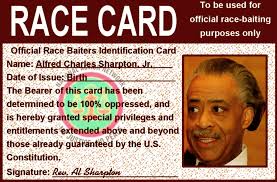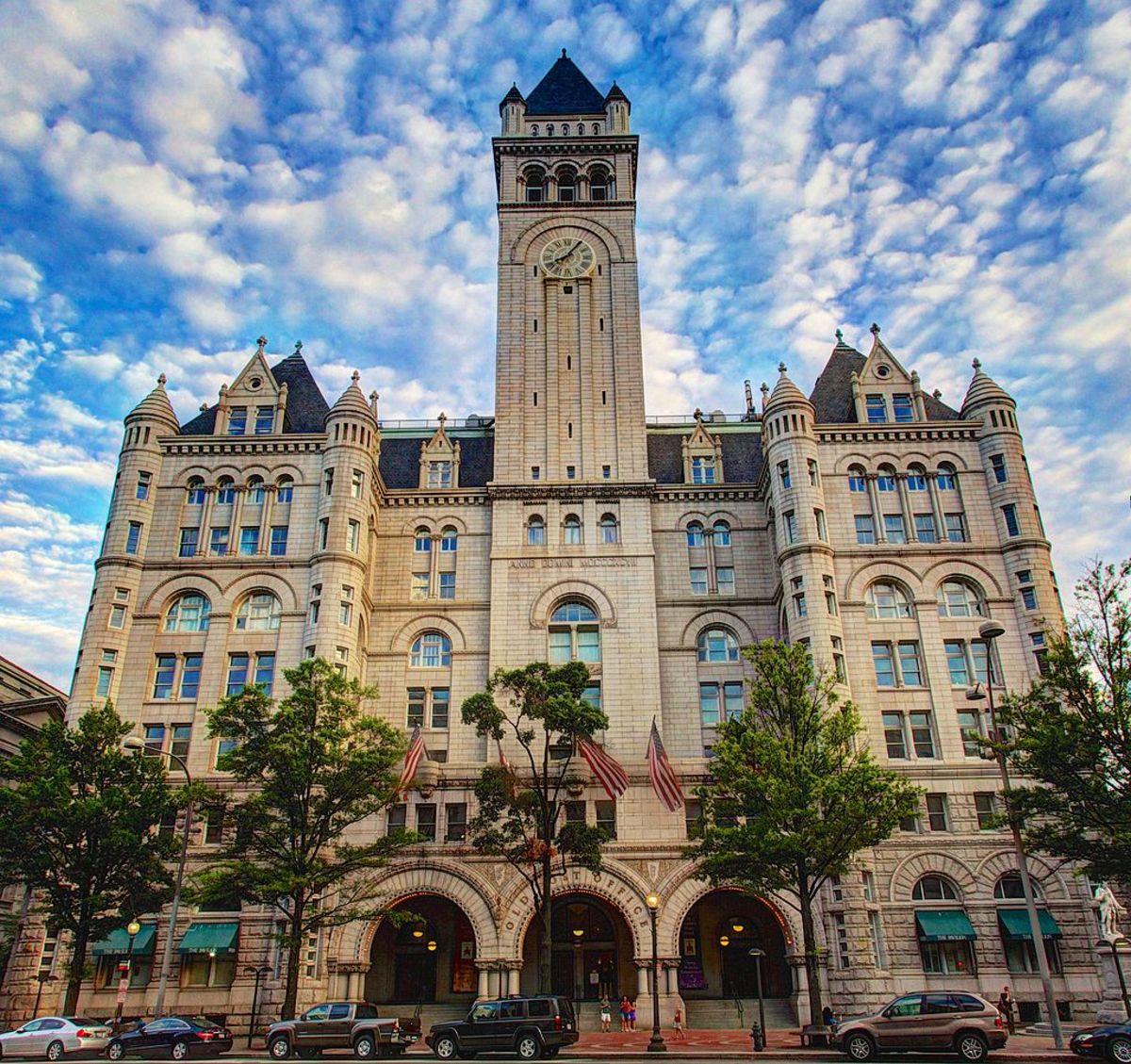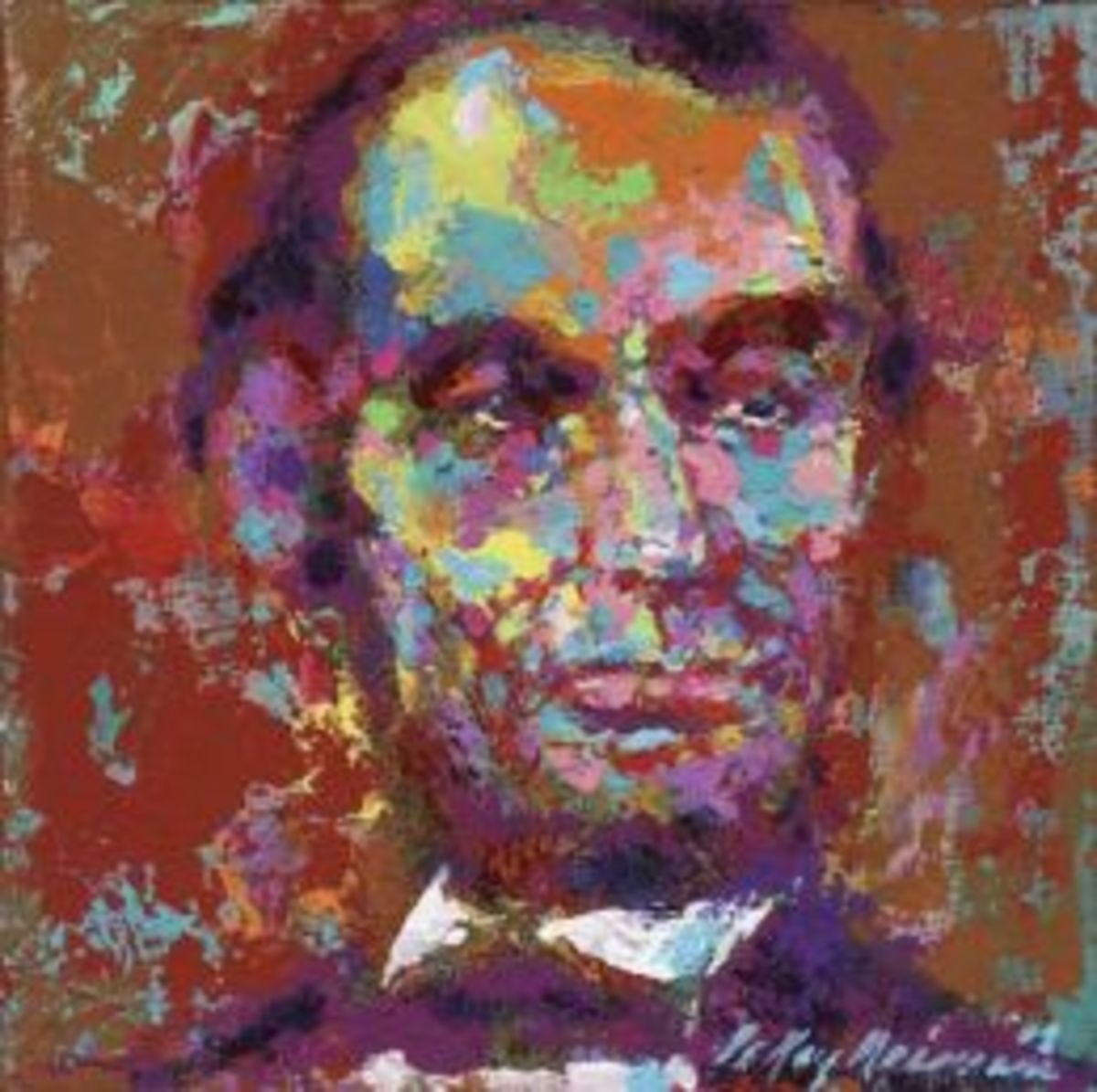Playing the Race Card!: A Brief Editorial

Thank you, slappywalker, for your question: What is the difference between 'playing the race card' and calling attention to racial injustice?
Where to begin? Where to begin?
For the purpose of clarity, let us agree to confine ourselves to the United States of America as our conceptual testing area. So, we will discuss what the difference is between 'playing the race card' and calling attention to racial injustice in the United States. In some ways the results of our inquiry should generalize all over the world (I'd be surprised if it didn't); but in some ways we might expect to find differences upon examination.
At any rate, the United States is what I know best, so, if you don't mind, I'll try to tackle your question from that direction.
Step One
You know, slappywalker, whenever I am confronted with a question like this, the very first thing I like to do is to subject the terms to a kind of linguistic analysis. In other words, in examining the question of what the difference is between 'playing the race card' and 'calling attention to racial injustice,' we can learn a lot by simply examining the very words themselves. You see, words do work; and we can avoid a good deal of heavy lifting if we simply take what they give us.
Okay, here's what I mean.
'Playing the race card.' We have in this phrase the words 'play' and 'card' (short for cards). The analogy which suggests itself is one of 'playing cards' or 'playing a card game'---one of race of course.
Since people 'play cards' for fun, recreation, and sport (which is to say professionally), we are talking about a 'game.' A 'game,' by definition, is less of a serious endeavor, especially when laid side-by-side, as you do slappywalker, with 'calling attention to racial injustice,' which is, presumably, more serious work.
In one respect, then, it would appear that to 'play the race card,' means to use 'race' in a less than totally serious, 'playful' way---we must understand that I use the word 'playfully' with qualification.
Step Two
When one 'plays the race card,' one is extracting A card of 'race' from a larger 'deck of cards' of something else, X. We do not know what X is. We do not know what the 'deck of cards' is, if you follow me. We only know that in that deck of cards, whose composition we do not know, there is at least one 'race' card.
Step Three
We have established that there is at least one 'race' card in a deck, and that one can 'play' it. Since we are talking about a 'deck of cards,' we can surmise that two or more people are 'playing cards.' Remember we do not know what the 'deck' is or what the 'game' is.
Step Four
Of course, its plain to see that we're not really talking about playing some kind of 'card game' with a literal 'deck of cards.' The 'deck' and the 'game' are metaphorical substitutions for something else.
Step Five
Let us say that the 'deck of cards' is really, say, the discussion of some public policy issue. And let us also say that the 'game' is a discussion or debate among two or more people.
Step Six
So we have a discussion or debate among two or more people, about some public policy issue. For the purposes of discussion, slappywalker, let us assume that you are one of those participants. Let's say that you and two others are debating a public policy issue. The 'card game' is on and each of you is 'holding a hand.' Follow me?
Its your turn, slappywalker, and after you've made your move, one of the 'players' bang the table indignantly, pointing an accusing finger at you, and says: "No fair, you played the 'race' card." Oh! Oh! slappywalker. It would appear that, suddenly, you have done something wrong; and the very nature of your transgression says something profound about the 'card,' the 'deck,' and the 'game' you're playing, does it not?
There is a 'race card' that one is not really allowed to play.
This is not unusual, of course. The First Amendment to the U.S. Constitution guarantees freedom of speech, on a more or less unlimited basis. But it does not guarantee unlimited protection of speakers from the consequences of unrestricted use of its privileges. Donald Sterling is paying the price for what many people refer to as his various racist remarks.
It looks like he is going to be forced to sell the Los Angeles Clippers professional basketball team. The NBA, as a community, has apparently decided that they can no longer abide his association with the league in any way.
Side note: Donald Sterling's remarks were racist but he did NOT play the race card. In fact, one such as he CANNOT 'play the race card.'
What am I talking about?
Donald Sterling is a rich, white man in the United States of America (where we are confining our discussion to, remember); and as such, he can say racist things but he is, indeed, constitutionally (I'm using the word in an existential not legal sense) not able to play the race card.
In the United States of America, only 'people of color' can 'play the race card.' 'Playing the race card' is understood to be something that only black and brown (African-Americans, Hispanics, Indigenous-Americans, Asians, etc.) do and are capable of doing.
Playing the race card is understood to be the act of 'making everything about race.' This is seen as a desperate tactic of racial self-pity; it is understood to be rather a kind of 'cheap ploy,' if you will, of going out of one's way to lay a guilt trip on white people. It follows from this that 'playing the race card,' in the context of a discussion of some public policy issue, is seen as the illegitimate insertion of race.
'Playing the race card,' then, is seen to be a tactic---illegitimate though it may be seen---of the 'underprivileged' groups (though people who make the charge of 'playing the race card,' probably do not acknowledge that there are any relatively disadvantaged communities, certainly not 'racial' ones).
Now then, Donald Sterling cannot play the race card. As I said, he is a rich, white man in the Untied States of America. As such, he sits on top of the heap in both class and race terms. Actually, he is privileged in class, race, and gender terms, is he not?
Step Seven
I think this is a good place to define the term racism, which is not very well understood in the United States.
If you stopped ten people on the street and asked them to define the word, in most instance at least nine but frequently all ten, would give you an answer that equated racism with bigotry and prejudice, and they would be wrong. They would be wrong because this is NOT how social justice activists use the term.
When we use the term 'racism' or 'racist,' what we're really talking about is institutional racism.
Let me put it this way.
Donald Sterling's derogatory remarks about black people were racist because, as a white American, he belongs to the 'racial' community in the United States, which can translate white anti-black bigotry into African-American political, economic, social, and legal misery. This is the institutional racism focus that I've alluded to.
For example, when black people are inordinately targeted by police departments for their 'stop and frisk' searches, we would call that racist---institutionally racist. By the way, institutional racism, it is understood, can be operable within institutions where not a single member of said organization is a racist.
Even if black police officers participate in 'stop and frisk' shakedowns, which inordinately target black and brown persons, the practice is STILL institutionally racist. Furthermore, even if and when the occasional white person is 'swept up' in the gears of such practices, the practice is STILL institutionally racist.
So, to be clear---Donald Sterling's remarks were racist because he is a white man in the United States of America. In this country the power structure is still most controlled by white people----and a small slice, rich, Christian males within that community. Since this is the case, the white-controlled power structure has the ability to turn anti-black and -brown prejudice into rules, regulations, restrictions, and the like that make it harder for people of color to find a nice place to live, get affordable housing, get an education, or a good job. Follow me?
Step Eight
If someone like, say, Magic Johnson, said such things about white people, it would be unfortunate, ugly, mean, downright un-Christian, shameful, and all that good stuff. But his remarks would NOT be racist.
Why?
Magic Johnson is an African-American; and as such, he belongs to a community that has no control of any of the power levers of this country, which could be used to translate any black anti-white animus into public policy consequences that would lend themselves to white misery. Okay?
He would be guilty of prejudice. He would be guilty of bigotry. He would be guilty of hatred and bitterness. But because of the relative POWER position of both whites and blacks, he is incapable of racism.
How about the 'race card'? Would Mr. Johnson's remarks fall under the category of 'playing the race card'?
Well, maybe not if Johnson's remarks took the form of a generalized rant.
Step Nine
How about this?
Suppose a group of us were talking about healthcare policy, the relative merits or lack thereof, of what is called 'Obamacare.' Suppose somebody said that the United States would never effectively deal with this issue until we deal with the centrality of race to this issue.
Would she be guilty of 'playing the race card' If she is a working class black mother of two, with a father who's not in the picture, going to school to better herself at night, and as for work she's self-employed if she's lucky? Would she just be shamelessly fishing for self-pity?
But what if she had enough of a sense of American history to point out that President Harry Truman had proposed universal healthcare in 1946; and that the reason it was defeated was due to southern Democrats who were still fighting the Civil War, and therefore did not want the policy passed for fear that black people would benefit as well?
That sounds like important historical perspective to me. So you see, slappywalker, one man's 'playing the race card' is another man's 'calling attention to racial injustice.'
Thank you for your time.








